Sewage Testing on Campus

Thanks to five members of our biology department faculty, Birmingham-Southern is actively conducting sewage testing on campus to further monitor any presence of COVID-19.
“We call ourselves the Fecal Five,” says Dr. Kevin Drace about the team. “We’ve been borrowing a golf cart from Admission, which we have nicknamed the PP Cruiser.”
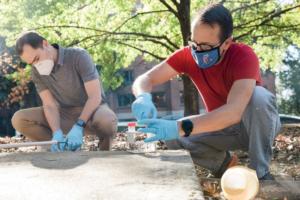 Associate Professors Drace and Dr. Pete VanZandt, Assistant Professors Dr. Centdrika Hurt and Dr. Sarah Beno, and Laboratory Coordinator Dr. Anitra Farrow make up the team. Two or three times a week, they collect waste samples from residence halls on campus.
Associate Professors Drace and Dr. Pete VanZandt, Assistant Professors Dr. Centdrika Hurt and Dr. Sarah Beno, and Laboratory Coordinator Dr. Anitra Farrow make up the team. Two or three times a week, they collect waste samples from residence halls on campus.
“Viruses are non-living pathogens that self-replicate by taking over a cell and using that cell’s machinery to copy its genetic material,” Drace explains. “All living organisms use DNA as their genetic material. Some viruses do too, but COVID and other viruses like flu use RNA, which is very similar in structure to DNA.”
Once they bring samples into the lab, Drace and the team can detect COVID-19 by looking for the RNA it uses. They then concentrate the samples and use quantitative PCR (qPCR) to determine how much viral RNA is present.
“We monitor for big spikes in viral RNA which could indicate COVID positive cases in that residence hall. Right now, we’re still finalizing our protocols and determining background levels, but we hope to have reportable results soon.”
These results will be incorporated into BSC President Daniel B. Coleman’s weekly emails to the campus community, reporting testing results and other COVID-19 news. Sewage testing could also recognize the presence of COVID-19 before students show symptoms and spread the virus to others.
“As with much of the efforts related to COVID testing on campus, this is just one more piece of data that we can use to monitor campus,” Drace says. “The advantage to this process is that it has the potential to identify hot spots on campus before random testing or symptomatic students indicate that there’s a problem.”
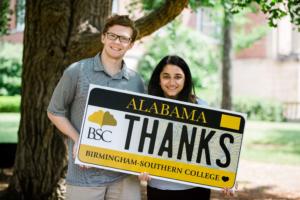


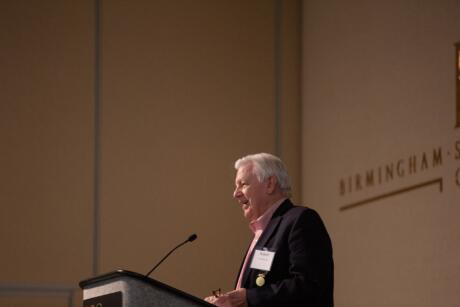
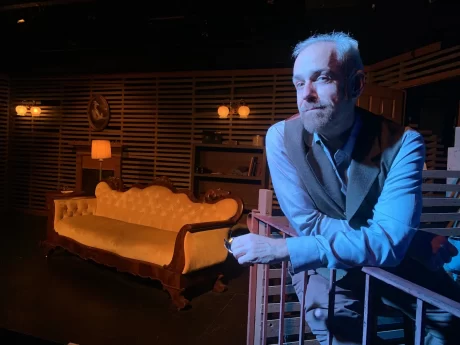
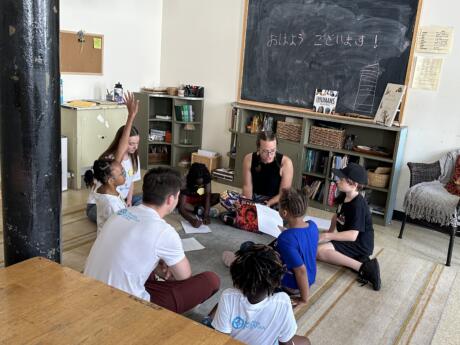
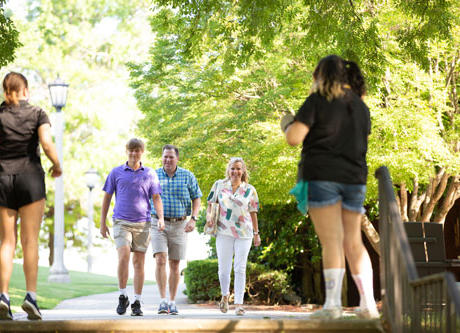
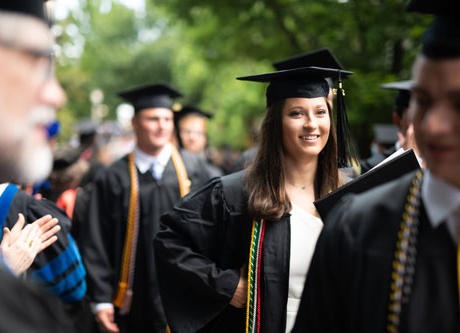
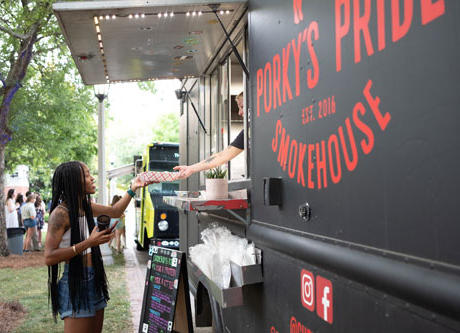

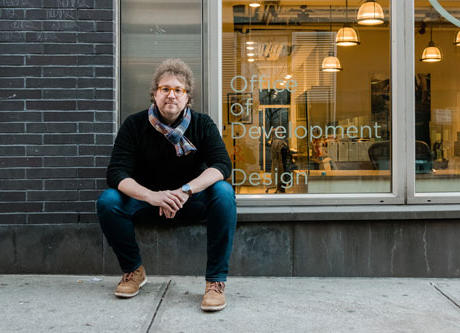
// Comments are closed //